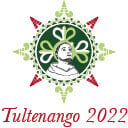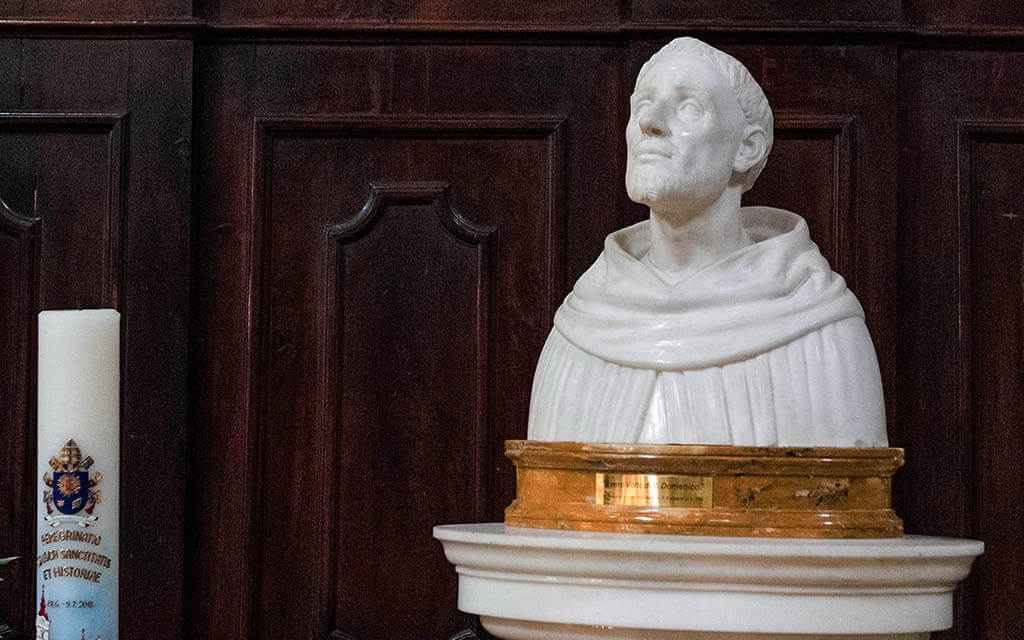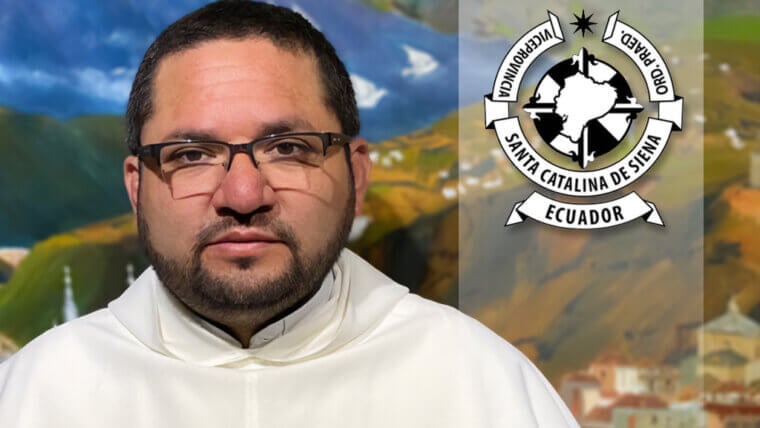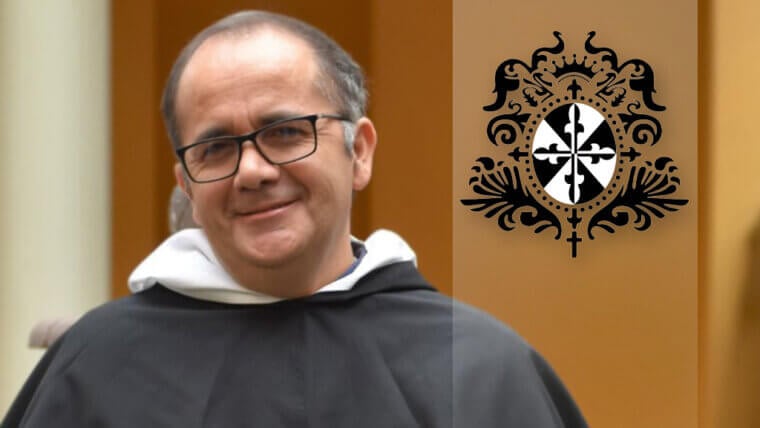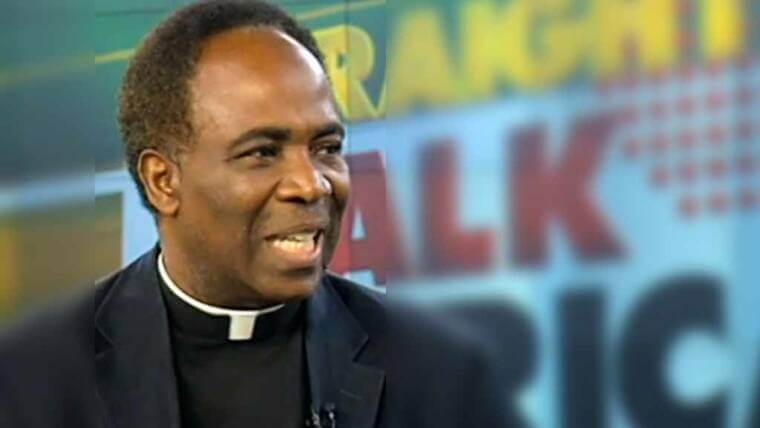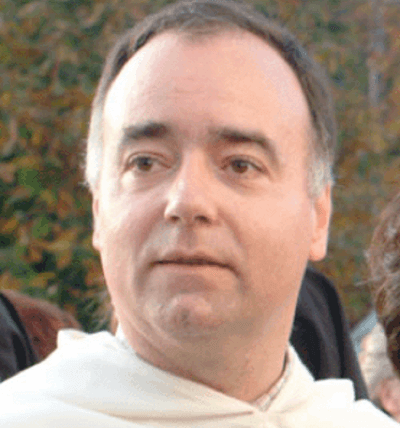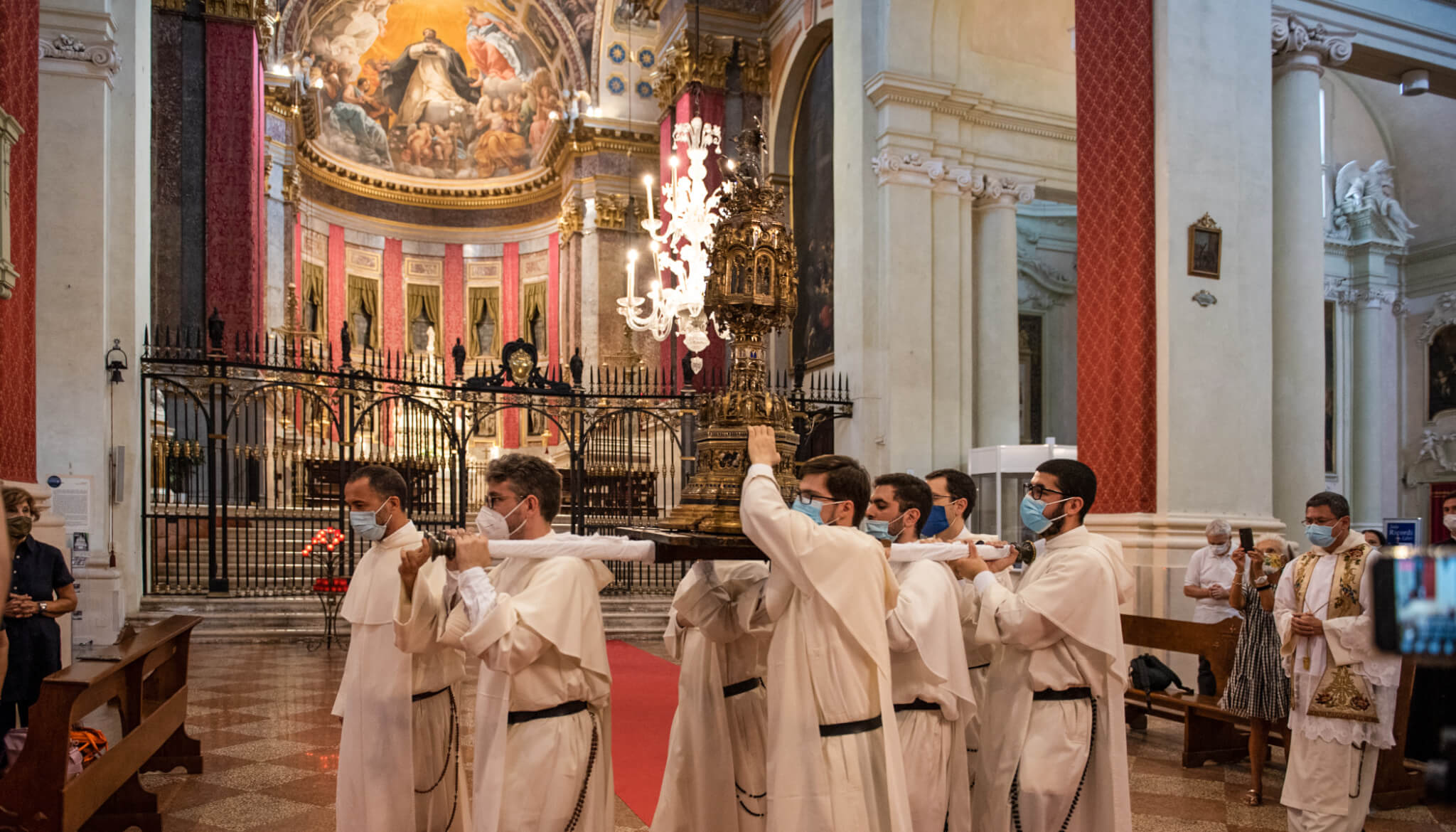
In lieu of the usual letter, Br. Gerard Francisco Timoner III OP, shares with the Dominican Family his homily on the Solemnity of our Holy Father St. Dominic celebrated in the Basilica of San Domenico, Bologna, where our founder and first brother spent the last days of his earthly sojourn.
6 August 2021
Prot. 50 / 21 / 368 Jubliee_2021
Dear Brothers and Sisters,
We gather around the table of the Eucharist, the table of communion and thanksgiving, in order to give thanks to God for the gift of St. Dominic of Caleruega, for the blessed life and unique mission which the Lord bestowed on him.
As Pope Francis has eloquently written in his letter to the Order in commemoration of the 8th centenary of the birth of St. Dominic into eternal life, among the titles attributed to St. Dominic, Praedicator gratiae, “preacher of grace” stands out for its consonance with the charism and mission of the Order he founded (PG 1)
This is our gift to the Church: the “grace of preaching” and the “preaching of grace” i.e., the proclamation of God, Uncreated Grace, who gives Himself to humanity. By cultivating and sharing these charism and mission, Dominic became Light of the Church (Lumen Ecclesiae) and Teacher of Truth (Doctor Veritatis). He is among those whom Isaiah praises: “how beautiful upon the mountains are the feet of him who brings glad tidings, announcing peace!” (Isaiah 52:7) Indeed, he dedicated his entire life to the preaching of the Gospel, “whether convenient or inconvenient, constantly teaching and never losing patience” (2 Timothy 4:2).
Many years ago, I attended a gathering of brothers and sisters in initial formation from different religious congregations. I proudly introduced myself as a Dominican. In jest, one participant replied: “Dominican? You are medieval!” I retorted/riposted with a smile: “We are not medieval, we are classical!”
A “classic” is something at once timely and timeless. St. Dominic embraced a mission that is timely, because he saw a world in dire need of a new evangelization. Yet the same mission is truly timeless, because every generation is in want of a new evangelization, i.e., the preaching of God who is ever ancient, yet ever new. It is timely because he offered a relevant response to the specific situation, but also timeless because it has become an event transcending its occurrence and ever meaningful at every moment of history.
“Speaking either with God or about God”[i], St. Dominic embodied a synergy of contemplation and action, an exemplar par excellence of a disciple-missionary, called to follow the Way and sent to preach the Gospel. Indeed, St. Dominic has “something to say” to all times and places because the Gospel that formed and transformed his life is classical. Medieval yet contemporary, ancient yet ever new — that is St. Dominic — truly classical!
Exactly three hundred years after St. Dominic died, Ignatius of Loyola read the biographies of St. Francis and St. Dominic and experienced the grace of conversion. If Dominic inspired a man who lived hundreds of years after him to become a saint, then Dominic can be a source of inspiration for all of us even and especially today. (Fra Massimo Fussarelli OFM, the new Minister General of the OFM, is concelebrating with us in this Eucharistic celebration. Thus, we can say that “Francis” visited “Dominic” today here in Bologna.)
What does St. Dominic have to say to us, to the Church, to the world, as we confront the problems of indifference, clericalism, divisions, false news, hopelessness?
In a time that is marked by indifference, especially towards the suffering-other, Dominic preached misericordia veritatis, the mercy of truth. We recall that while he was a student at Palencia, Dominic stood on the frontier between life and death: he was moved with compassion for those who were suffering and dying during a severe famine, so he sold his precious books and “established a center for almsgiving where the poor could be fed”… his exemplary kindness inspired others to do the same.[ii] And so, with a compassionate heart Dominic preached misericordia veritatis,[iii] the mercy of truth perfectly manifested in Christ, misericordiæ Vultus, “the face of the Father’s mercy”[iv]. Mercy is love that seeks to alleviate the pain of the other. As Pope Benedict once reminded us: “the greatest act of charity is evangelization… There is no action more beneficial – and therefore more charitable – towards one’s neighbor than to break the bread of the word of God, to share with him the Good News of the Gospel, to introduce him to a relationship with God”.[v]
At a time when clericalism seemed to obscure the evangelical meaning of diakonia as imitation of Jesus who came “to serve and not be served”, Dominic grounded the diakonia of preaching on fraternal communion. The charism of preaching he received propelled Dominic to remind the Church of her universal mission to preach the Gospel, that preaching is a mission, not of a few chosen ones, but of all members of the Church. It is a charism shared by all the members of the Dominican family: friars (clerics and cooperator brothers), nuns, apostolic sisters, priestly fraternity and lay Dominicans – all the states of life in the Church. Thus, Dominic, who preached verbis et exemplo, opened the possibility for the manifold life and witness of disciples-missionaries and their varied works, such as the writings of Catherine of Siena, the paintings of Fra Angelico, the loving service to others of Rose of Lima, John Macias, Margaret of Città di Castello, Pier Giorgio Frassati, and so many others, to be considered as important forms of preaching the Gospel. As one wise cooperator brother said: We are not an Order of homilists, but an order of preachers!
At a time when the Church, the Body of Christ, was wounded by divisions and discord, Dominic envisioned a communitarian form of government that promotes inclusion and participation in discernment and decision-making. Chapters on various levels provide space for conversing with brothers and confronting the challenges which they face, for seeking consensus on divisive matters, for discerning the best possible ways to serve the mission of the Order at a particular moment and place, and more importantly, for mutual listening and learning, as brothers. Pope Francis affirmed that “this “synodal” process enabled the Order to adapt its life and mission to changing historical contexts while maintaining fraternal communion” (PG, 6)
At a time when error and fake news sowed confusion and misled many, Dominic sent his brothers to the emerging universities in Europe. He knew the importance of sound and solid theological formation that is based on Sacred Scripture and attentive to questions posed by the times. Such conviction has led the succeeding generation of friars to the frontier where faith meets reason as companions on the path to truth. Our brothers Thomas Aquinas and Albert the Great stood on such a frontier and found confidence in their harmony and produced an abundant harvest for the philosophical and theological heritage of the Church. The intellectual mission of the Order and its mission to preach Veritas is an important antidote to another pernicious pandemic — fake news, half-truths, which are in fact half-lies.
In these trying times where people seem to be lost in despair, St. Dominic offers us spem miram, a wonderful hope! Our song of hope commemorates the moment, eight hundred years ago here in Bologna, when Dominic passed from this world, a time when the brothers had tears in their eyes — O spem miram quam dedisti mortis hora te flentibus. Dominic stirred hope in their hearts because he promised to continue to be helpful to the brothers and sisters, he vowed to intercede for us, and, therefore, to abide with us by his prayers. But this is just one side of the story. The presence of the praying brothers at the hour of his death must have also given hope to Dominic. At that final moment of human finitude, Dominic was not alone. The presence of the brothers and Dominic’s promised presence beyond death gave them hope and consolation. Ultimately, hope is grounded on the certainty that God will never abandon us. Hope is the assurance that God abides in the “mysteries of joy, sorrow, glory and light” of our lives. Hope is Christ in us (1 Col. 27).
O Spem Miram! Dominic boldly promised to be useful to us because he had great hope that he will be closer to Christ, in the communion of the blessed.
Five years ago, Pope Francis visited St. Dominic here in Bologna. In his letter to the Order, he said: I prayed in a special way for the Order of Preachers, imploring for its members the grace of perseverance in fidelity to their founding charism and to the splendid tradition of which they are heirs. In thanking the Saint for all the good that his sons and daughters accomplish in the Church, I asked, as a particular gift, for a considerable increase of priestly and religious vocations.
In like manner I also wish to offer my prayer for the Dominican family here in Bologna and all over the world:
O Lord our God, Creator of the world, Giver of life. Eight hundred years ago, It pleased you to receive St. Dominic into eternity, and to establish the Holy Preaching all over the world. O Spem miram! YOU O LORD are the wonderful HOPE, promised by Dominic, as our constant Companion, in the holy endeavor of spreading and growing Your WORD, over lands, across the sea, beyond the horizons of our vision. As we celebrate the Jubilee of the dies natalis of St. Dominic into eternal life feed us and fill us with a double portion of the SPIRIT, so that we may experience a new Pentecost – a renewed proclamation of the “mighty acts of God” and rekindled commitment to our mission for the “salvation of souls”. Bless our brothers and sisters and the entire Dominican Family, with health, happiness and holiness. Lead them to ever serve your people. Gather them all to Yourself, in praise and thanks eternal. Through Mary’s plea; in Jesus’ name. Amen. Brother Gerard Francisco Timoner III, OP Master of the Order
[i] Fundamental Constitution of the Order of Preachers, II.
[ii] Jordan of Saxony, Libellus, 10.
[iii] Acts of the General Chapter of Providence (2001) 107.
[iv] Francis, Bull of Indiction of the Extraordinary Jubilee Of Mercy Misericordiæ Vultus (11 April 2015), 1.
[v] Benedict XVI, Message for Lent 2013, no. 3.

